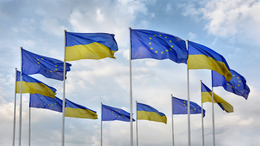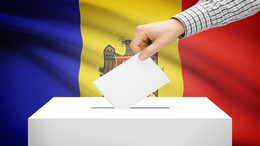The reasons for the "revolution at the ballot box" are manifold. Dissatisfaction with the old political elite, an innovative and creative election campaign that blurred the boundaries between reality and show, the not always transparent use of old and new media as well as Russia's constant influence to the point of occupation - all these were decisive factors for Volodymyr Selenskyy's outstanding success. Now, for the first time in the history of independent Ukraine, Selenskyy as the new president can rely on a party with a parliamentary majority. Anna Korbut (Russia and Eurasia Programme, Chatham House) and Sergiy Solodkyy (Deputy Director, New Europe Center) commented on this development during an exchange of experts in Berlin.
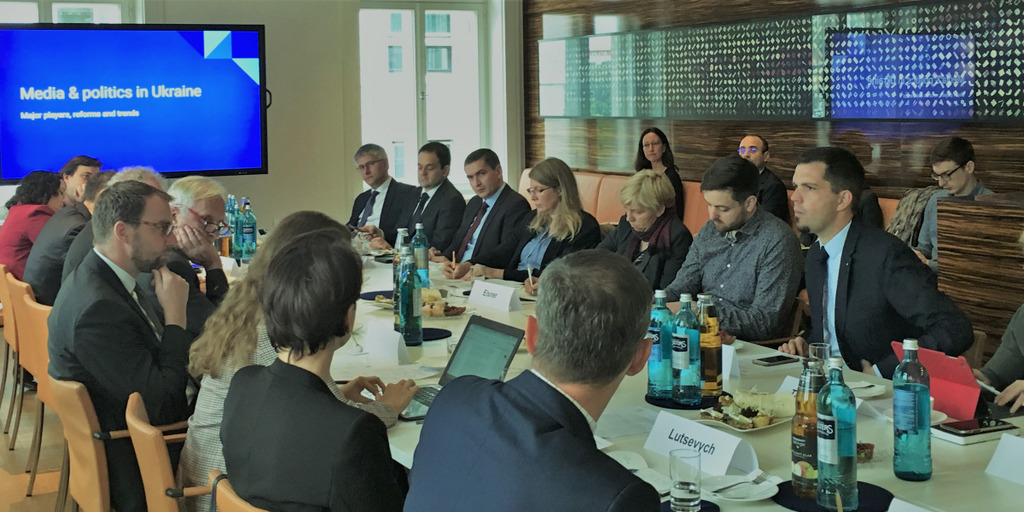
© Olga Tanasiychuk
"Revolution at the ballot box" in Ukraine 2019: Assessments on future domestic and foreign policy
2019 was a super election year in Ukraine - in March the Ukrainians elected Volodymyr Selenskyy as their president, in July the presidential party "Servants of the People" entered parliament with an absolute majority. With the local elections to follow in 2020, the political system is in a state of flux. But how will the new politicians, managers and deputies shape Ukraine over the next five years?
Content
Expert debate on the special role of the media and Russia's influence
At the invitation of the Bertelsmann Stiftung, Sergiy Solodkyy discussed the current initiatives to achieve a peaceful solution for the Donbass regions occupied by Russia, together with political decision-makers, experts and journalists. Solodkyy paid tribute to the efforts of the new Ukrainian government and the German government, also in their efforts to ease the humanitarian situation of the suffering population in eastern Ukraine. At the same time, however, he clearly emphasized that Kyiv continues to depend on the support of Germany and Europe. Above all, it was important to strengthen Kyiv in forthcoming talks on pacifying the Donbass and not to make any concessions to Russia at the expense of Ukrainian sovereignty.
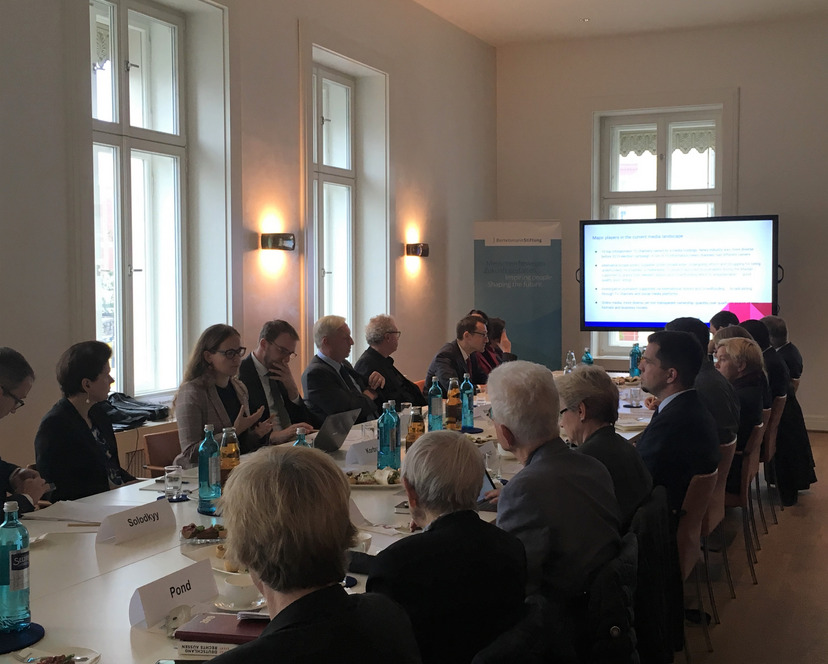
© Olga Tanasiychuk
Lunchtime expert exchange - "Revolution at the ballot box" in Ukraine 2019: assessments of future domestic and foreign policy
Reforms and media regulation
Anna Korbut analysed the influence of the media on politics and democracy in Ukraine. The expert panel discussed current reform plans and how oligarchic interests should be counteracted. Three decisive success factors were highlighted: sufficient transparency of ownership structures and business activities of TV stations, adequate support for independent and widespread public broadcasting, and rules for digital media.
A united and strong Europe vis-à-vis Russia
Throughout the debate it became clear that one could not wait for changes in Russian foreign policy and that a strong and united Europe was desirable, especially in dealing with the Russian Federation. Selenskyy is under pressure to find a way out of war and crisis. Various participants also pointed out that a rethink in Europe was very much needed to promote these developments: “We must finally stop seeing Ukraine through Russian eyes and should resort back to use the political instrument of ‘naming and shaming’ to a much greater extent in the future vis-à-vis Russia”.
However, the participants did not agree on the assessment of the possibility of local elections in the currently occupied territories. One discussant pointed out that elections generally do not have a peace-building effect, but on the contrary, only work well and have a lasting effect if peace has already been established before elections take place.
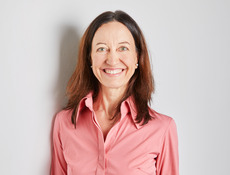
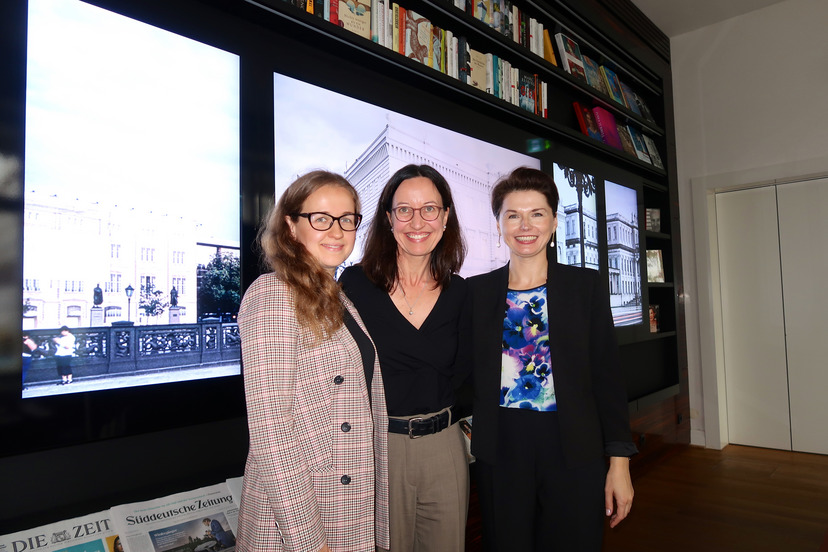
![[Translate to English:] Teilnehmer des Stakeholder-Dialogs während der Diskussion](/fileadmin/files/_processed_/1/a/csm_2582989313_be_d2dd9305ee.jpg)
